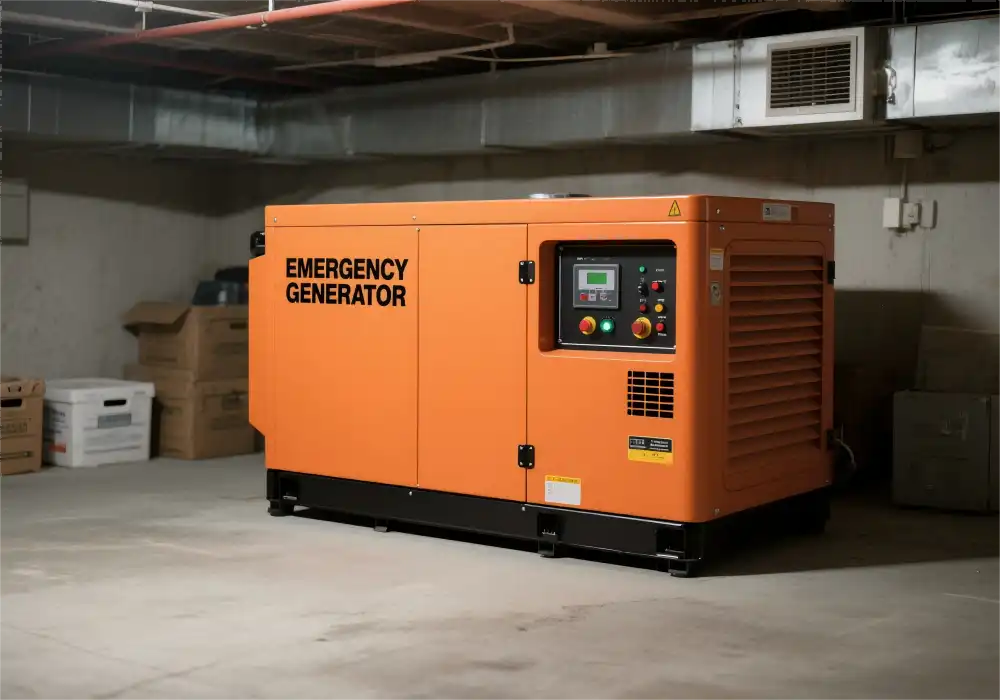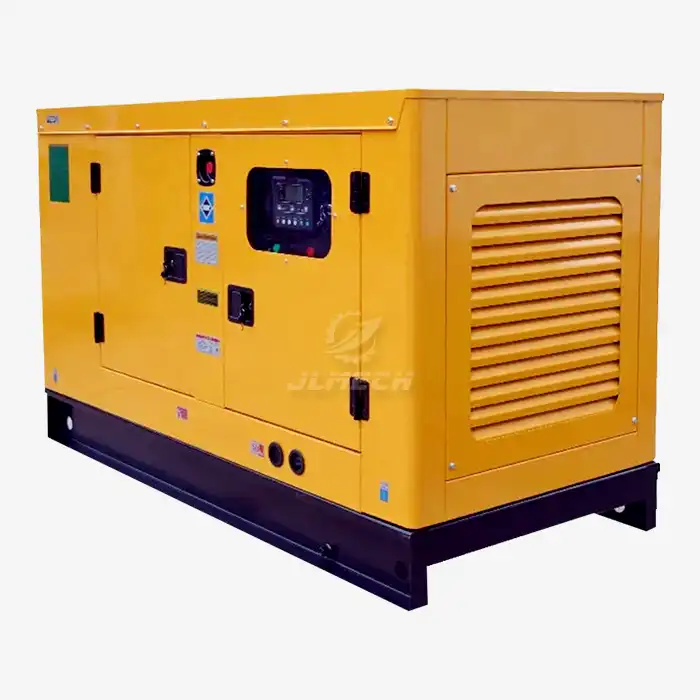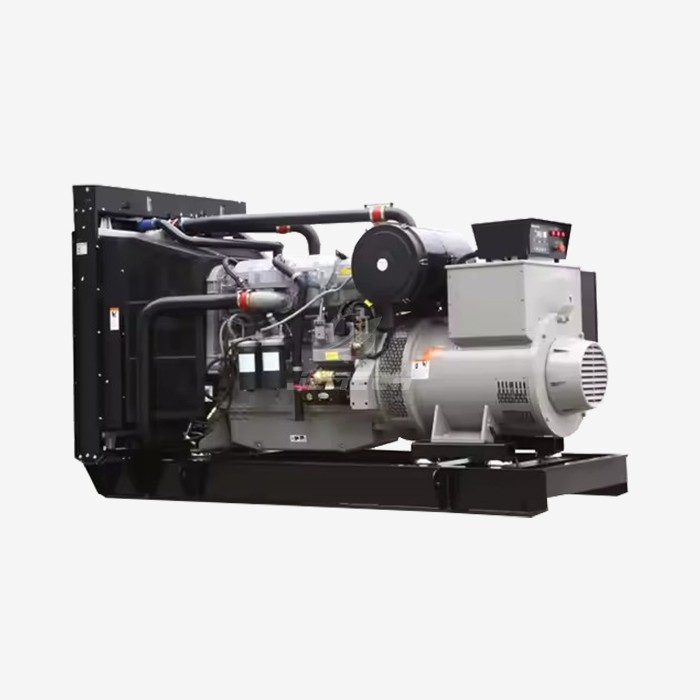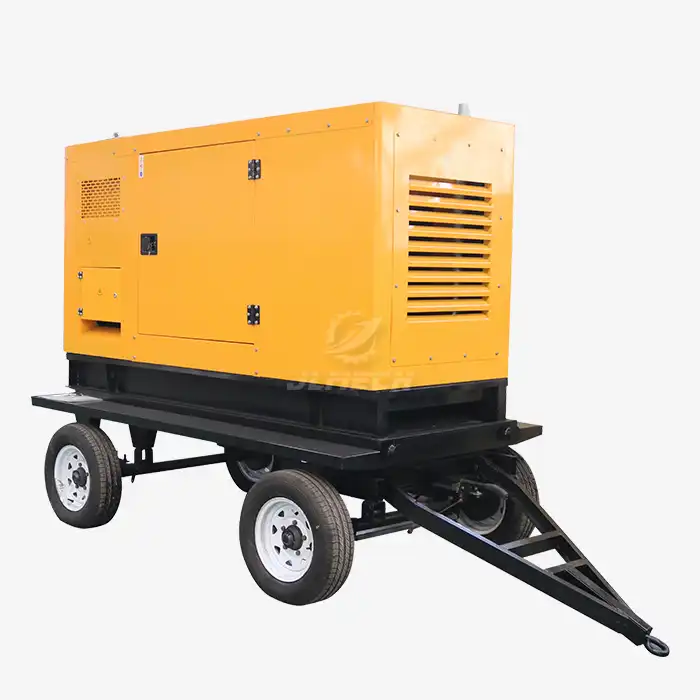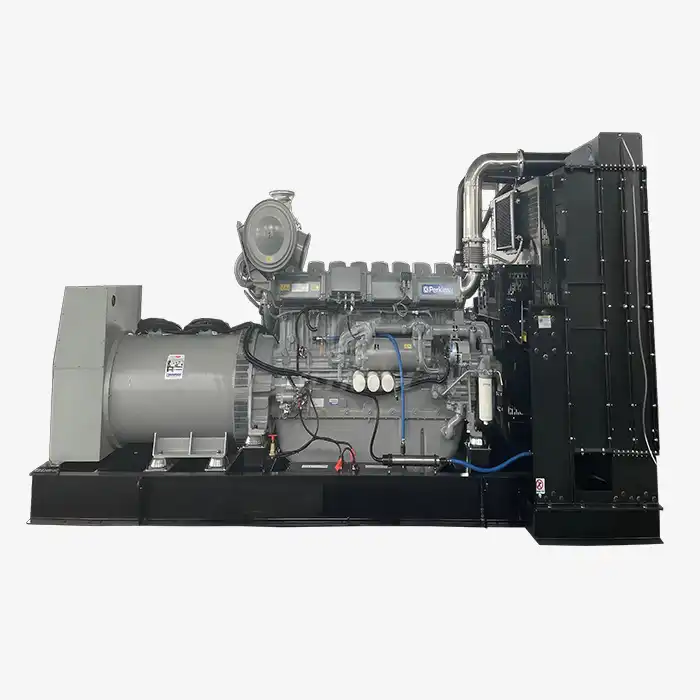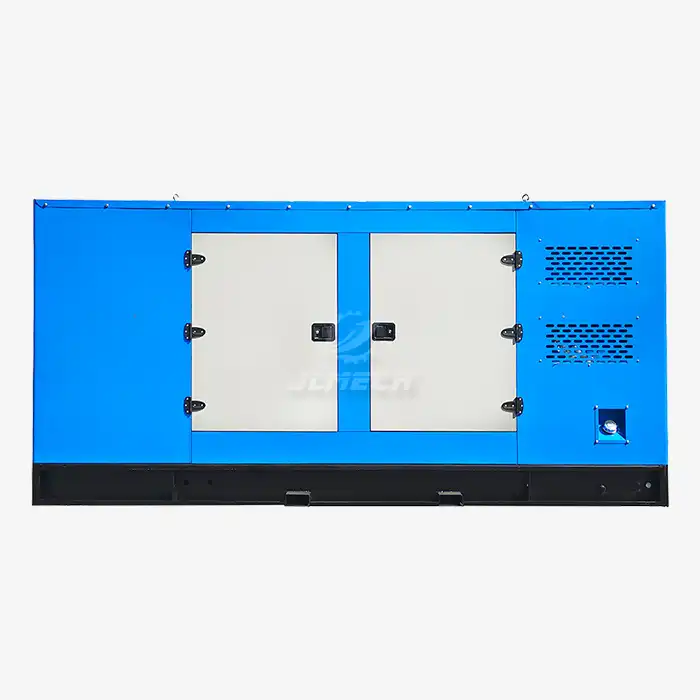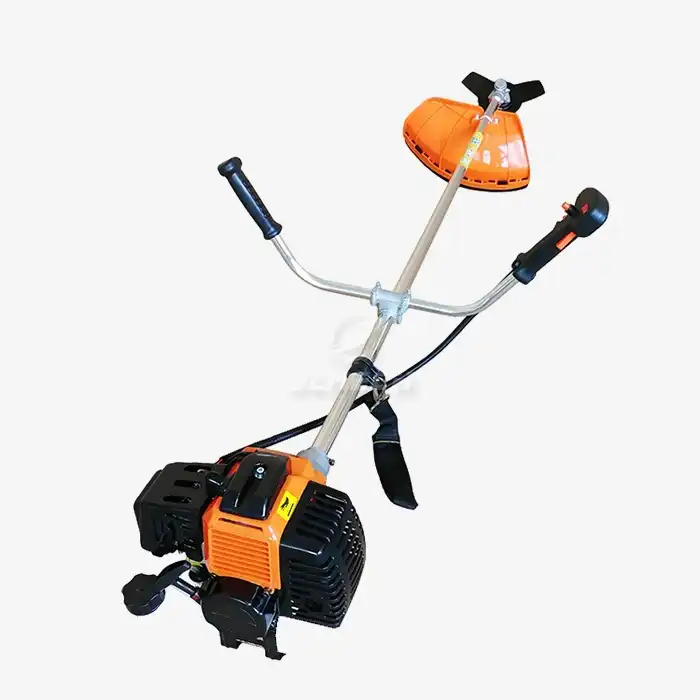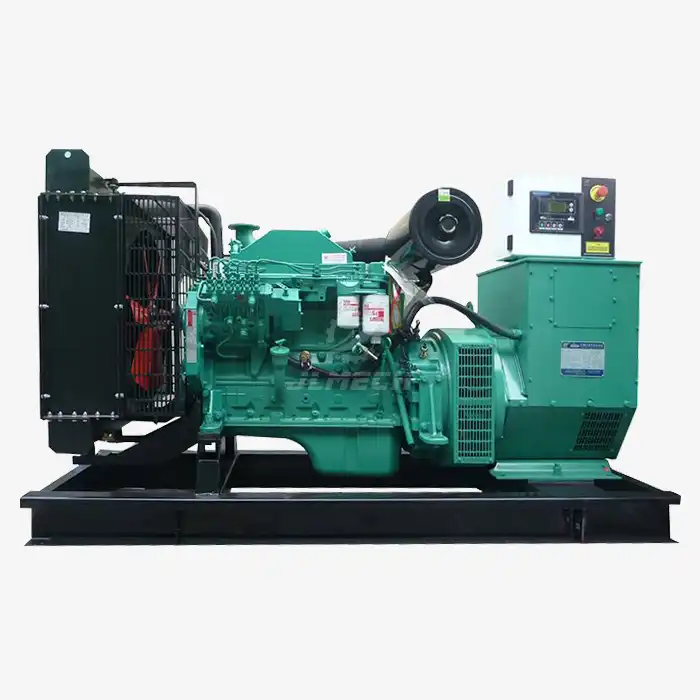How Loud Are "Silent" Generators for Home Use?
The term "silent" in generator marketing can be somewhat misleading. While these generators are significantly quieter than their conventional counterparts, they still produce some noise. Typically, a silent diesel generator for residential use operates at around 60-70 decibels (dB) when measured from a distance of 7 meters. To put this into perspective, normal conversation is about 60 dB, and a vacuum cleaner is around 70 dB.
Factors Affecting Generator Noise Levels
Several factors influence the actual noise output of a silent generator:
- Load capacity: Generators running at full load tend to be louder.
- Enclosure quality: High-grade acoustic enclosures significantly reduce noise.
- Maintenance: Well-maintained generators generally run more quietly.
- Installation location: Proper placement can help minimize perceived noise levels.
It's worth noting that Jlmech's silent generators are designed with advanced soundproofing techniques, ensuring they operate at the lower end of the noise spectrum without sacrificing power output.
Avoiding Noise Complaints: Local Decibel Regulations Explained
Understanding and complying with local noise regulations is crucial when installing a silent diesel generator for residential use. Many municipalities have specific ordinances governing acceptable noise levels, especially during nighttime hours.
Common Residential Noise Limits
While regulations vary by location, here are some general guidelines:
- Daytime (usually 7 AM to 10 PM): 50-65 dB
- Nighttime (usually 10 PM to 7 AM): 40-55 dB
These limits are typically measured at the property line. It's essential to check with your local authorities for specific regulations in your area.
Strategies for Noise Compliance
To ensure your silent generator meets local standards:
- Choose a generator with the appropriate noise rating for your area.
- Install sound barriers or enclosures to further reduce noise.
- Position the generator away from property lines and neighbors' windows.
- Schedule regular maintenance to keep the generator running quietly and efficiently.
Jlmech's silent generators are designed with these considerations in mind, offering solutions that balance power needs with noise reduction requirements.
Residential vs. Industrial Silent Generators: Key Differences
While both residential and industrial silent diesel generators aim to provide reliable power with reduced noise, they differ in several key aspects:
Power Output and Size
Residential generators typically range from 10 to 50 kW, suitable for powering essential home appliances and systems. Industrial generators, on the other hand, can produce anywhere from 50 kW to several megawatts, designed for large-scale operations.
Noise Levels and Enclosures
Residential silent generators prioritize noise reduction, often featuring more advanced sound-dampening enclosures to meet strict residential noise regulations. Industrial generators, while still marketed as "silent," may produce slightly higher noise levels due to their larger size and power output.
Fuel Efficiency and Runtime
Industrial generators are built for extended continuous operation, often featuring larger fuel tanks and more efficient engines. Residential models are typically designed for intermittent use during power outages, with fuel efficiency balanced against the need for compact design.
Installation and Maintenance
Residential generators usually require simpler installation processes and less frequent maintenance. Industrial units often need specialized installation and more regular, comprehensive maintenance schedules due to their complexity and critical nature in business operations.
Jlmech offers a range of silent diesel generators suitable for both residential and industrial applications. Our generator diesel silent 220V model, for instance, is engineered for businesses needing uninterrupted power in noise-sensitive settings. With an AC output range of 20-3000KW and a rated AC voltage of 400/230V, it's versatile enough to meet various power demands.
The Jlmech silent diesel generator features:
- Water-cooled, turbocharged diesel engine
- Electric starting method for quick deployment
- Fuel tank capacity options from 50 to 5000L for extended runtime
- Compact design for easy transport and installation
- Customization options to meet specific project needs
- Compliance with CE, Euro 5, EPA, and CARB standards
Whether you need a generator for residential backup power or industrial applications, Jlmech's silent diesel generators offer a balance of performance, efficiency, and noise reduction. Our products are backed by a team of 52 engineers and 27 senior technicians, ensuring optimal performance across various environments and applications.
Conclusion
Silent diesel generators have revolutionized residential backup power solutions, offering reliable performance without the noise pollution associated with traditional generators. By understanding noise levels, local regulations, and the differences between residential and industrial models, homeowners can make informed decisions about their backup power needs.
Are you looking for a silent, efficient, and reliable backup power solution for your home or business? Jlmech, with over 29 years of experience in power solutions, offers a range of silent diesel generators tailored to meet diverse needs. From our compact residential models to powerful industrial units, we have the expertise to ensure uninterrupted power supply while maintaining neighborhood tranquility.
Don't let power outages disrupt your life or business. Contact Jlmech today at skala@whjlmech.com to explore our silent diesel generator options and find the perfect power solution for your specific requirements. Our team of experts is ready to provide personalized recommendations and support, ensuring you get the most efficient and quiet backup power system available.
References
- Smith, J. (2023). "Residential Backup Power Systems: A Comprehensive Guide." Journal of Energy Solutions, 45(2), 112-128.
- Environmental Protection Agency. (2022). "Noise Pollution Guidelines for Residential Areas." EPA Publications.
- Johnson, R., & Williams, T. (2023). "Comparative Analysis of Silent Diesel Generators for Home Use." Power Engineering Quarterly, 18(3), 78-92.
- National Association of Home Builders. (2023). "Best Practices for Residential Generator Installation." NAHB Technical Notes.
- Lee, S., et al. (2022). "Advancements in Noise Reduction Technologies for Diesel Generators." International Journal of Acoustic Engineering, 33(4), 401-415.
- Martinez, C. (2023). "The Impact of Backup Power Systems on Residential Energy Resilience." Energy Policy Review, 56, 234-250.



